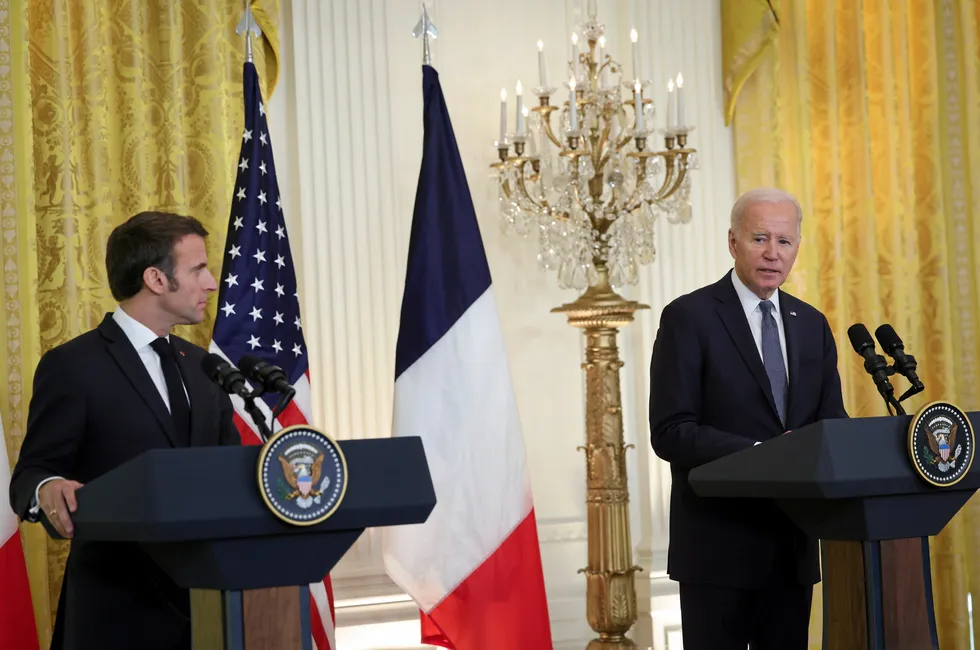Hydrogen tax credits | Biden pledges to 'tweak glitches' in $369bn US green energy law as Europe cries foul
US President signals willingness to address allies' concerns as French leader Macron labels Inflation Reduction Act — which contains generous H2 tax credits — 'super aggressive' to European companies
